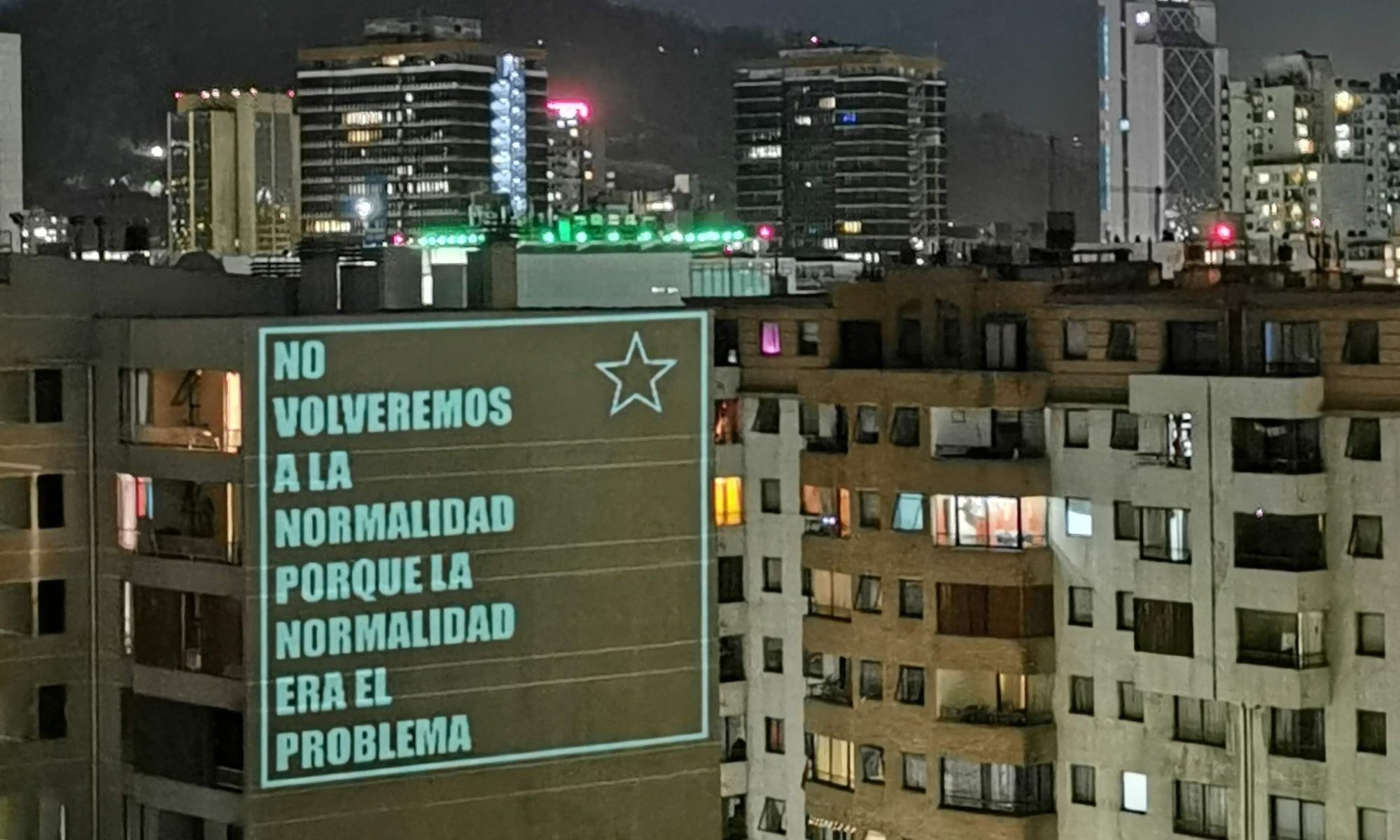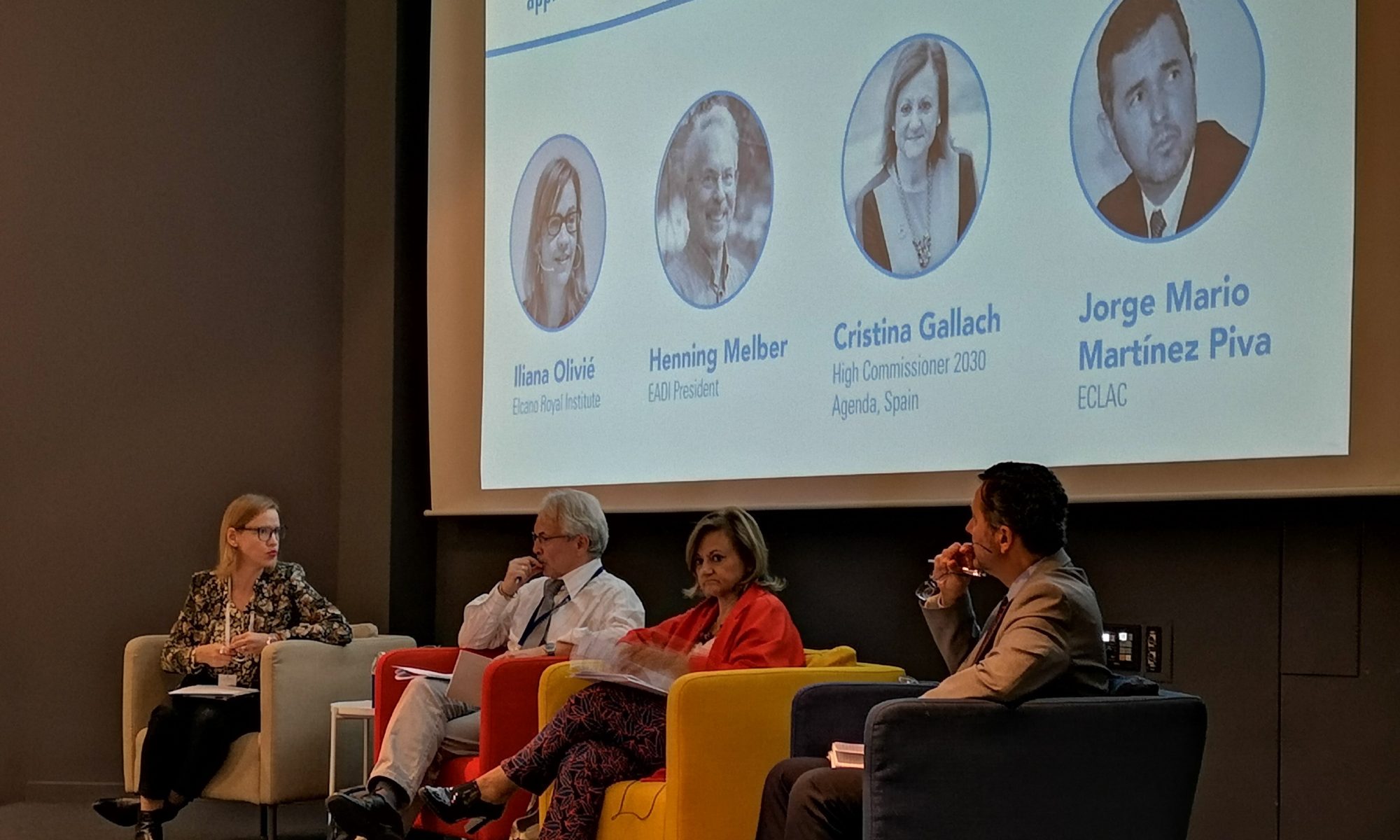By Giuseppe Feola, Bram Büscher, Andrew Fischer and Martijn Koster
COVID-19 has shaken the world. Early emergency responses across the world led to drastic changes in local and global development trajectories within a very short period of time, from food insecurity, schooling and gender inequality, to debt and employment crises in much of the Global South, among other changes. A year on and despite the rollout of vaccines in many countries, it remains to be seen whether the pandemic will dissipate; not least because of the starkly unequal distribution of vaccines within and across countries, which is ethically reprehensible and epidemiologically unsound. Given this deep rupture to pre-COVID-19 business-as-usual and the severe adjustments that continue to be made, it is clear that we will not get ‘back to normal’ any time soon, if ever. Nor indeed should we. But how not to go back to normal? Continue reading “How Not To Go ‘Back To Normal’ After COVID-19: Planning For Post-Neoliberal Development”



